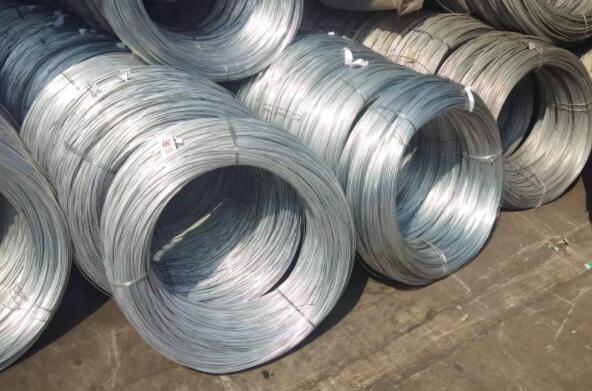The Importance of Choosing the Right Drywall Screws for Hanging
When it comes to interior construction and renovations, drywall plays a crucial role in creating smooth, finished walls. However, the success of a drywall installation relies heavily on the materials and techniques used, particularly when it comes to screws. Selecting the right screws for hanging drywall is essential to ensure that the installation is stable, secure, and able to withstand the weight it will bear. In this article, we’ll delve into the details of drywall screws, their unique features, and recommendations for choosing the best ones for your project.
Understanding Drywall Screws
Drywall screws are specifically designed for fastening drywall sheets to wooden or metal studs. Unlike standard screws, drywall screws have unique features that enhance their functionality. They typically have a bugle head, allowing for a flush finish when seated, and their sharp points make it easier to penetrate drywall with minimal effort. Moreover, drywall screws come in different lengths and gauges, catering to various applications and materials.
Types of Drywall Screws
There are several types of drywall screws, each suited for particular tasks
1. Coarse Thread Screws These screws are best for attaching drywall to wooden studs. Their coarse threads grip the wood effectively, ensuring a strong hold. Coarse-thread screws are typically available in lengths ranging from 1 inch to over 2 inches, making them versatile for different drywall thicknesses.
2. Fine Thread Screws Fine-thread screws are designed for use with metal studs. The finer threads provide a better grip for the metal without risking damage to the material. Fine-thread screws are essential for projects involving steel framing, particularly in commercial constructions.
3. Self-Drilling Screws This newer type of drywall screw can drill into metal studs without the need for pre-drilling. Self-drilling screws feature a drill point that reduces the need for additional tools, making installation faster and more efficient.
Choosing the Right Screws for Your Project
drywall screws for hanging

When selecting drywall screws, it’s crucial to consider the following factors
1. Material Compatibility Determine whether you will be attaching drywall to wooden or metal studs. This will dictate whether you need coarse or fine-thread screws. For mixed environments or specific applications, self-drilling screws can be advantageous.
2. Screw Length The thickness of the drywall should influence the length of the screws you choose. For standard 1/2 inch drywall, screws that are 1 1/4 inch long are generally adequate. If you are using thicker drywall, like 5/8 inch, opt for screws that are 1 5/8 inch to ensure they penetrate adequately into the studs.
3. Corrosion Resistance In areas where moisture is a concern, such as basements or kitchens, selecting screws with corrosion resistance is essential. Coated screws can help prevent rust and deterioration, providing long-lasting support.
4. Quantity and Packaging Drywall screws are available in various pack sizes. For larger projects, consider purchasing bulk packages to ensure you have enough screws on hand. Running out mid-project can lead to delays and inconsistencies.
Installation Tips
To ensure a secure installation, it’s important to space screws properly. On the face of the drywall, screws should be placed every 12 to 16 inches along the edges, while the field (the central part of the drywall sheet) should have screws spaced every 16 to 24 inches. Be careful not to overdrive the screws, as this can damage the drywall and lead to unsightly blemishes. Aim for a snug fit that allows the screw head to sit slightly below the surface of the drywall.
Conclusion
Choosing the right drywall screws is a critical step in any drywall project. By understanding the different types of screws available and how they relate to the materials you’re working with, you can ensure a successful installation. Taking the time to select appropriate screws—considering factors like length, thread type, and environmental conditions—will not only enhance the durability of your drywall but also result in a cleaner, more professional finish. Whether you’re a DIY enthusiast or a seasoned professional, the right screws can make all the difference in your project.

















